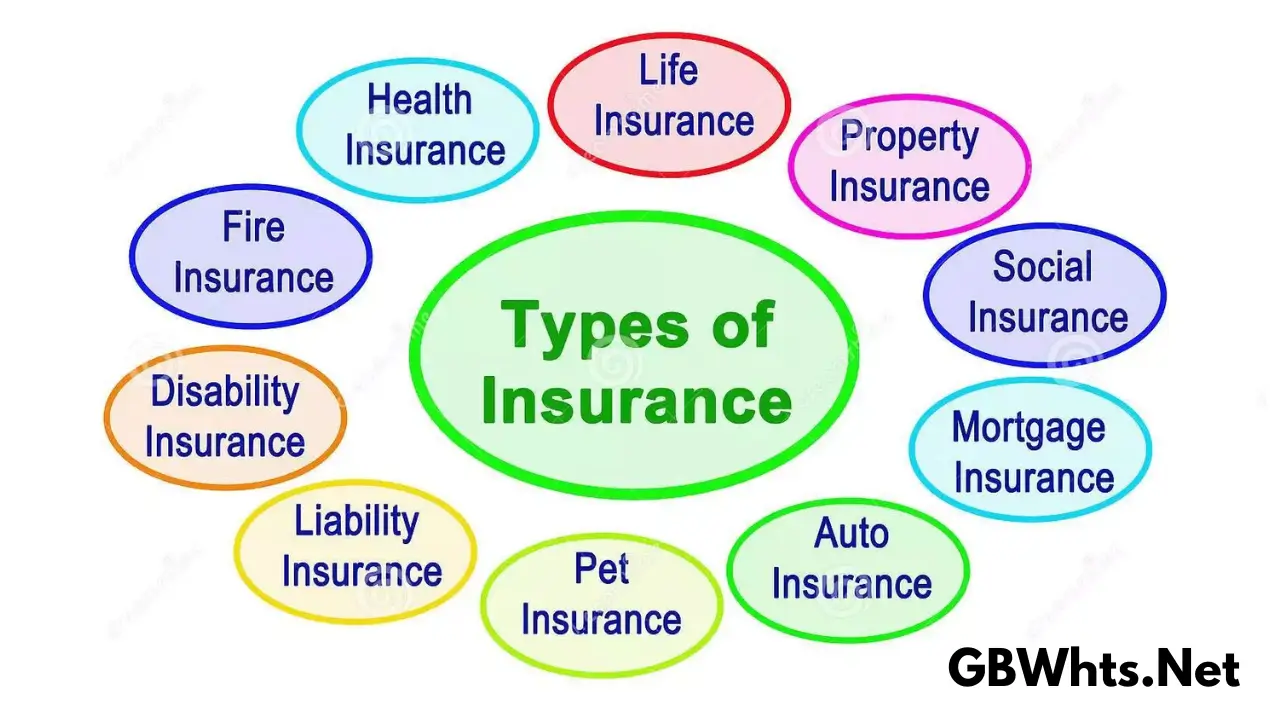Choosing the Appropriate Types of Life Insurance
There are two basic types of life insurance: Term Life Insurance and Cash Value Life Insurance. There are many policy variations between these two types of life insurance. Term Policies provide Life Insurance for a specified period of time. This period could be as short as one year or provide coverage for a specific number of years such as 5, 10, 20 years or to a specified age.

If you die during the term period, the company will pay the face value to your beneficiary.
Term Life Insurance
If you live beyond the term period you had selected, no benefit is payable. As a rule, term policies offer a death benefit with no savings element or cash value. If you have a limited amount to spend, and only need insurance for a specified period of time. You may be able to get more coverage by buying term insurance than by buying cash value insurance.
Keep in mind that the cost of term insurance increases as you get older, which may make it more expensive than cash value insurance in the long run. Today’s term policies usually have two sets of premiums: guaranteed maximum premiums and current premiums.
Current premiums are usually much lower, but they can be changed by the Insurance company. The insurance company cannot increase the current premium above the guaranteed maximum premiums shown in the policy.
When you buy term insurance, you need to make a choice as to how long you want the protection. You may renew the policy without a physical examination for the period of years specified in the policy. Some term insurance can be converted to cash value insurance up to a specified age with no physical examination.
Premiums for the converted insurance will most likely be higher than the premiums you would be paying for the term insurance. If you do not pay the premium for your term insurance, it will generally lapse without cash value, as compared to a permanent type of policy that has a cash value component.
Cash Value Insurance
combines death benefits with a cash value accumulation feature. The buyer of a cash value policy pays more in the early years than for term insurance, but the premium not needed to pay for the cost of the death benefit accumulates with interest within the policy. If the policy is surrendered before the insured person dies, there may be a cash value paid to the owner, less any Outstanding Loans placed against the policy.
Make sure the agent/broker provides you with the method by which the cash value is determined and that they obtain this information based on the policy’s guaranteed value. It is not a good idea to buy a cash value life insurance policy. If you plan to surrender early due to substantial surrender penalties.
If all premiums are paid, cash value insurance usually lasts for the entire life of a person. And pays death benefits to the beneficiaries named in the policy upon the death of the insured. The cash value can be used as loan collateral for borrowing funds at the interest rate specified in the policy. Any outstanding loans are deducted from policy proceeds at death or at policy surrender.
Some of these products may enjoy tax advantages while they remain active. Therefore, a policy lapse or surrender may create a taxable event and may generate a Form 1099. Form 1099s are sent to the IRS for tax purposes; be sure to check with your tax advisor.





